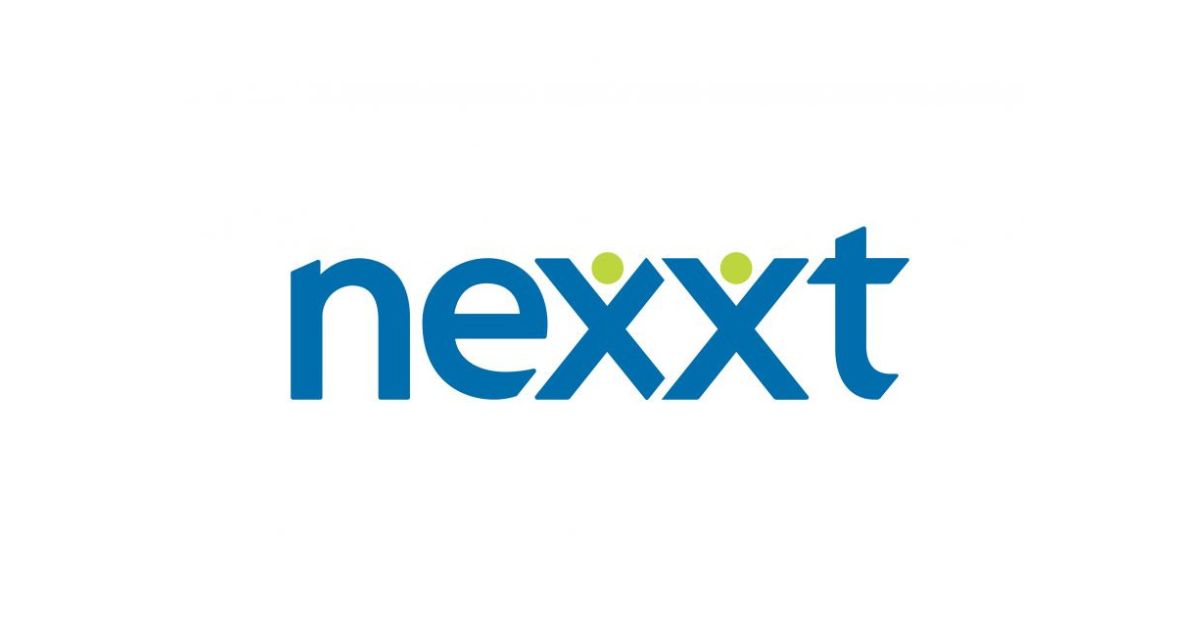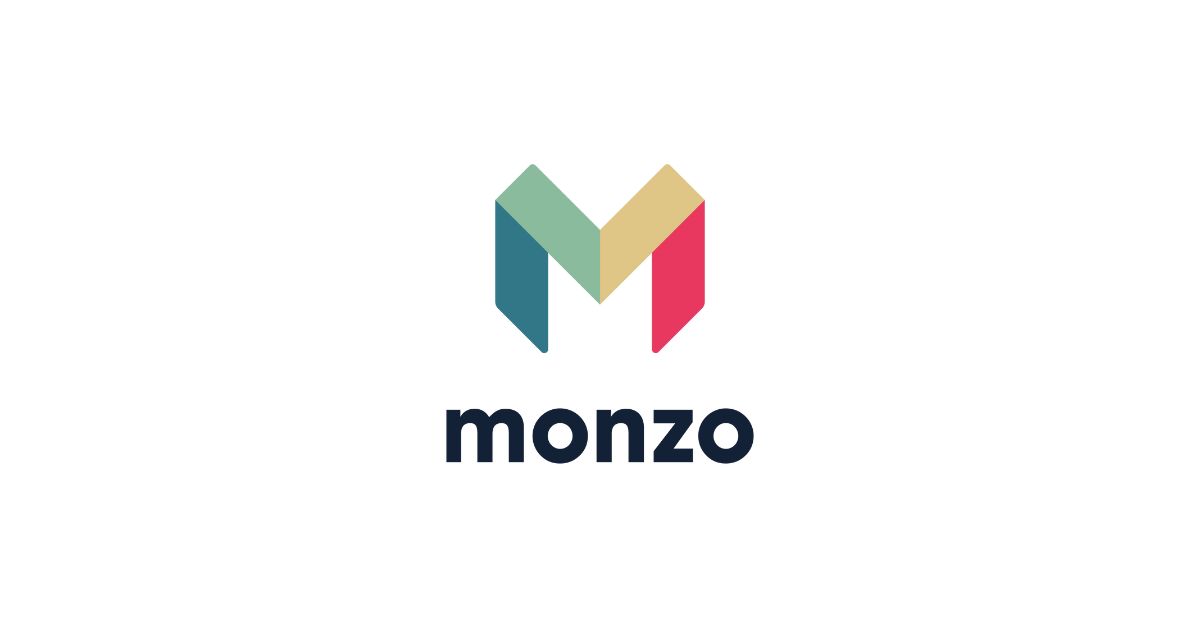The financial industry has witnessed a transformative wave with the advent of fintech, an abbreviation for financial technology. This revolution is not just a trend; it is a profound shift in the way people interact with financial services. Fintech has broken down barriers, democratized access to finance, and provided innovative solutions to traditional financial challenges. This evolution is an inspiring tale of technology’s potential to empower individuals and businesses alike. In a world increasingly driven by digital innovation, fintech has emerged as a beacon of possibility, providing insights into a future where everyone has the tools for financial success at their fingertips.
With fintech, the once complex world of finance has become more understandable and accessible to the general public. The seamless integration of technology into daily financial actions has not only improved efficiency but also heightened the sense of control and empowerment among users. Whether it’s simplifying payments, providing easy access to investment platforms, or personalizing financial advice through AI, fintech is redefining the financial landscape. Its growing popularity is a testament to its ability to meet the diverse needs of modern society with a touch of innovation and inspiration.
Unpacking the Fintech Phenomenon
One of the driving forces behind fintech’s popularity is its user-centric approach. Fintech solutions typically focus on improving the user experience, offering interfaces that are as intuitive as they are functional. Such platforms are designed with the idea that managing finances should not be a dread but rather an engaging and straightforward process. Additionally, fintech has demonstrated an exceptional capacity for personalizing financial services, customizing them to individual preferences and behaviors. This personal touch has captivated users globally, as it suggests a system that not only understands their needs but also adapts to fulfill them innovatively.
Another aspect contributing to the allure of fintech is the unrivaled convenience it offers. In a digital era when time is a precious commodity, fintech applications allow for quick and convenient transactions that traditional banking could never match. People can now complete tasks like transferring money, applying for a loan, or managing their investments with just a few clicks on their smartphones. This has opened new horizons for financial participation, attracting users who were previously alienated by the complexity and rigidity of conventional financial institutions.
Fintech: A Vision of the Future
The influence of fintech extends beyond mere financial transactions; it suggests a promising vision of the future. With its cutting-edge innovations like blockchain, peer-to-peer lending, and robo-advisors, fintech is laying the foundation for a more equitable financial world. It propels the notion that financial services should not be the exclusive domain of a select few but a universal resource that fosters growth and progress. Fintech stands for a future in which financial tools are not merely accessible but are catalysts for personal and societal prosperity.
As we look to the future, the trajectory of fintech gives us endless reasons to be optimistic. It represents not just the democratization of financial services but also an elevation in the quality and scope of those services. By making finance more inclusive and innovative, fintech is paving the way for a future where economic empowerment is a basic right, not a privilege. Its popularity reflects people’s belief in a system that champions transparency, simplicity, and opportunity for all, heralding an inspirational era for financial interaction. Fintech, indeed, is the embodiment of a brighter tomorrow.
















